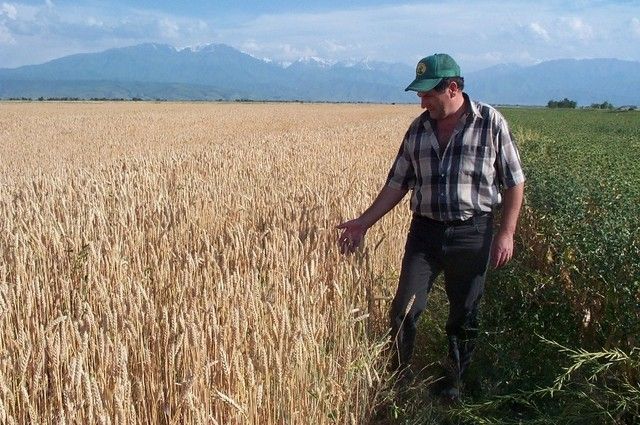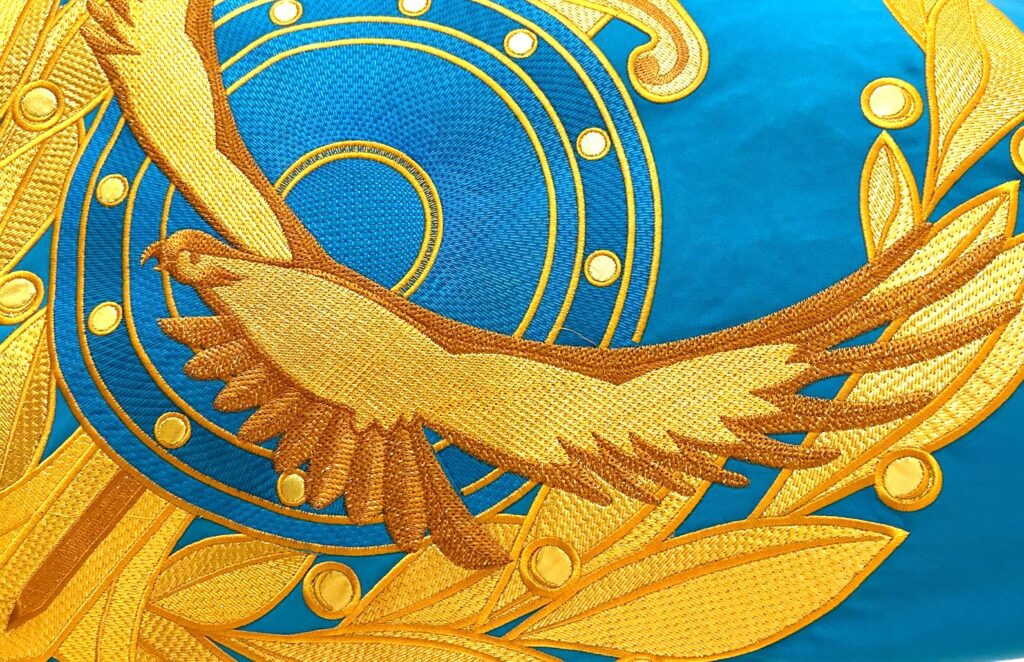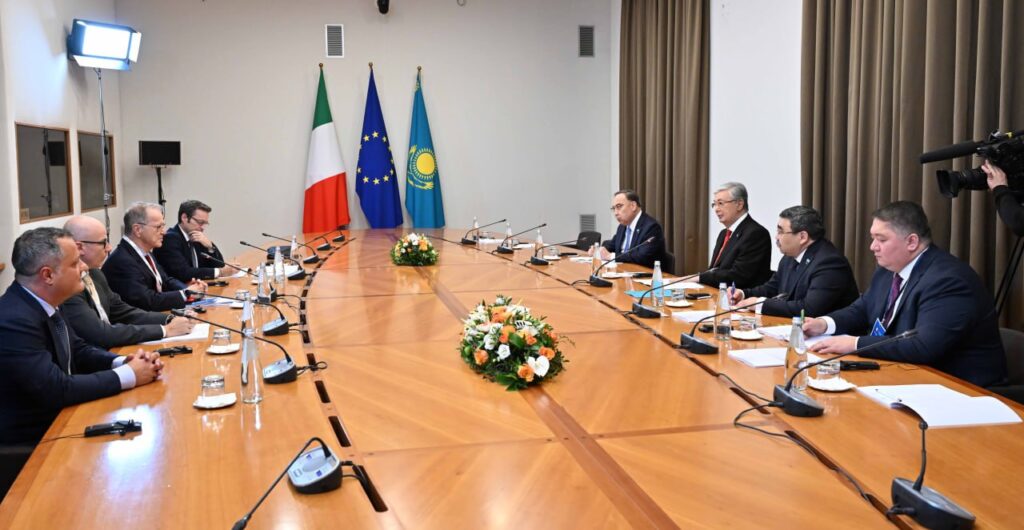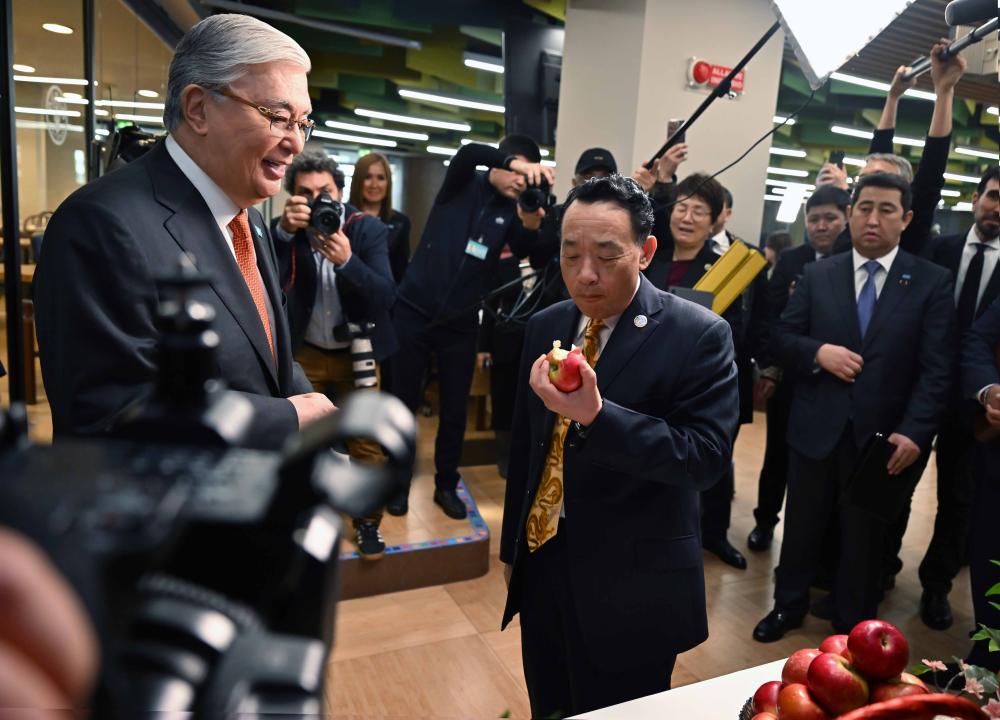Italian Agricultural Holding Enters Kazakhstan Market
The Italian holding Bonifiche Ferraresi, which produces and markets agricultural products, has signed a memorandum of cooperation with Kazakhstan’s Agrofirm TNK. This was the result of negotiations between the Kazakh minister for agriculture, Aidarbek Saparov, and the management of Bonifiche Ferraresi in Rome last week, the Kazakh Ministry of Agriculture reported. Agrofirm TNK produces agricultural products on 400,000 hectares of land in the Akmola region, northern Kazakhstan. At the first stage of their partnership, the Italian and Kazakh companies intend to exchange experience regarding technology, seeds, and employee training. At the next stage they plan to develop processing, including pasta production. Forty enterprises currently produce pasta in Kazakhstan, the largest of which use durum wheat flour as a raw material, which has a high content of protein and iron. Traditional Italian pasta is made from this type of flour. “Kazakhstan has every opportunity to increase pasta production and exports, since it has its own raw material base. In 2022, Kazakhstan produced 15.6 million tons of soft wheat and 833 thousand tons of durum wheat, of which about 400,000 tons were exported to Italy, which is enough to increase the volume of pasta production, including in order to expand exports,” Mr Saparov said during the negotiations. The minister also told the Italian partners about the favorable investment climate in Kazakhstan, pointing out that investors can directly enter into an investment agreement with the Kazakh government to implement large investment projects, and receive certain benefits and preferences.





